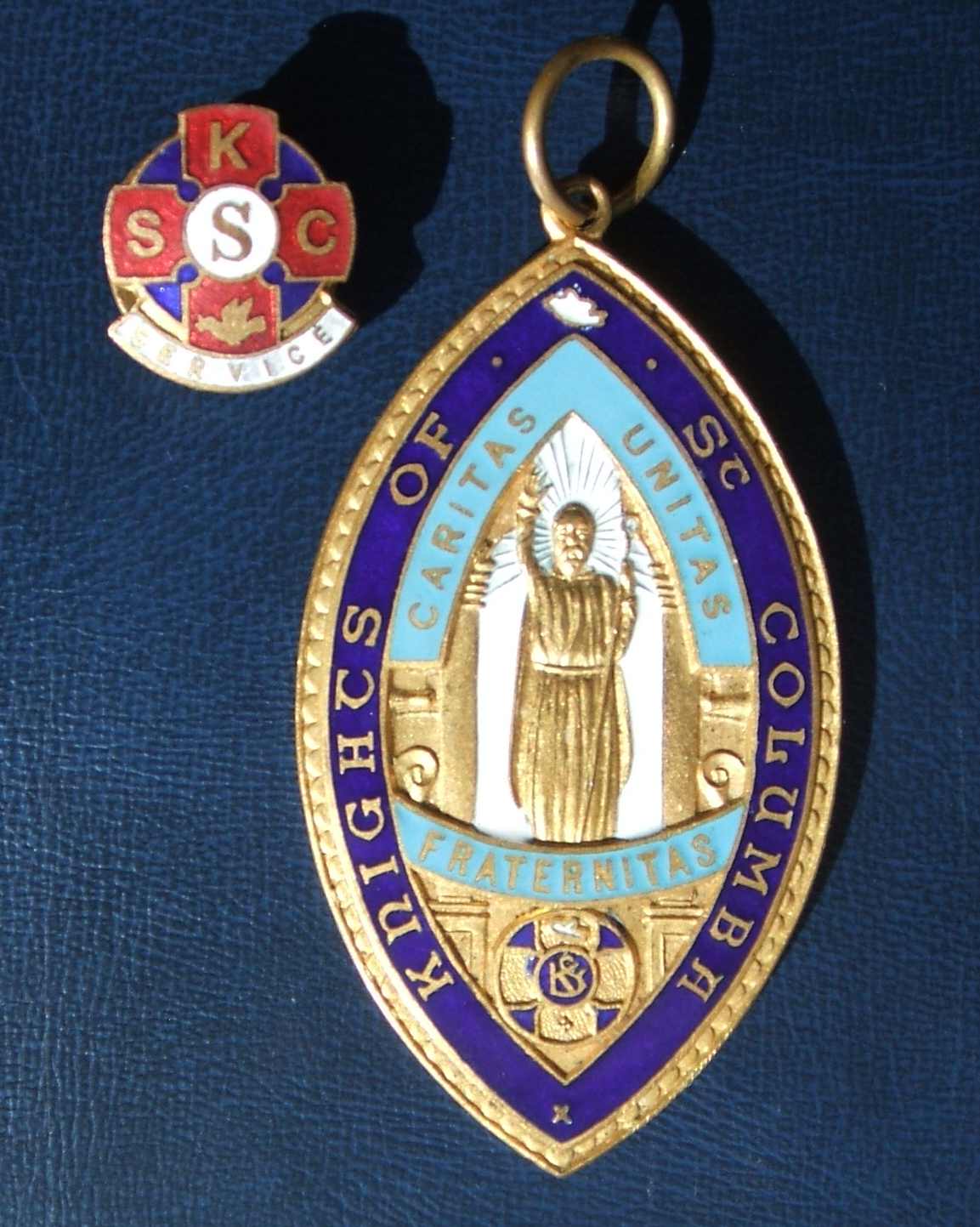 |
| Knights of Saint Columba Council 64 Ormskirk |
The
Knights of Saint Columba – Article by Heather Wright
When
my husband were married I have to confess, that at first, as a
practising Anglican there were many aspects of Catholicism that were
a complete mystery to me. I regarded myself as cosmopolitan having
lived in Glasgow, Birmingham and Liverpool; some of the most
multicultural cities in Britain. Yet, my knowledge of the Catholic
Church was mainly based on what I had picked up from episodes of
Father Ted.
Attending
Mass at first was very daunting. What if I stood up or sat down at
the wrong time? Would I be denounced as an imposter? Not only did I
learn quickly that there were more similarities than differences in
our two faiths, but also that the congregation of St Anne's Church in Ormksirk couldn't
have been more welcoming.
Even
so, when my husband was approached to join the Knights of St Columba,
I was a little baffled. I had seen their events on the weekly
bulletin sheet. But were they an historic re-enactment society, or a
masonic order? I didn't know. Of course, they are neither and in
fact play a vital, if perhaps not widely enough known part in Church
life.
The
Knights of St Columba (KSC) were founded in 1919 by a group of
Catholic men in Glasgow who had served in the trenches of World War I
France. These men became inspired by ethos and activities of the
American Knights of Columbus. By the early 1920's, based on the
fundamental virtues of charity, unity and fraternity “Councils”
of Knights, had crossed the border to England with a foundation in
Liverpool. Council 64 soon followed in Ormskirk in 1923. By 1925
the Order had reached London.
The
period following the Second World War was an active period and
membership continued to grow, but during the late 1950's and early
1960's, with the decline of the inner city parishes and consequent
dispersement of the Catholic population, recruitment slowed. However
the Order still continued to develop and in 1982, the Knights of
Saint Columba had a very public role, as stewards, during the visit
to the country by Pope John Paul II.


